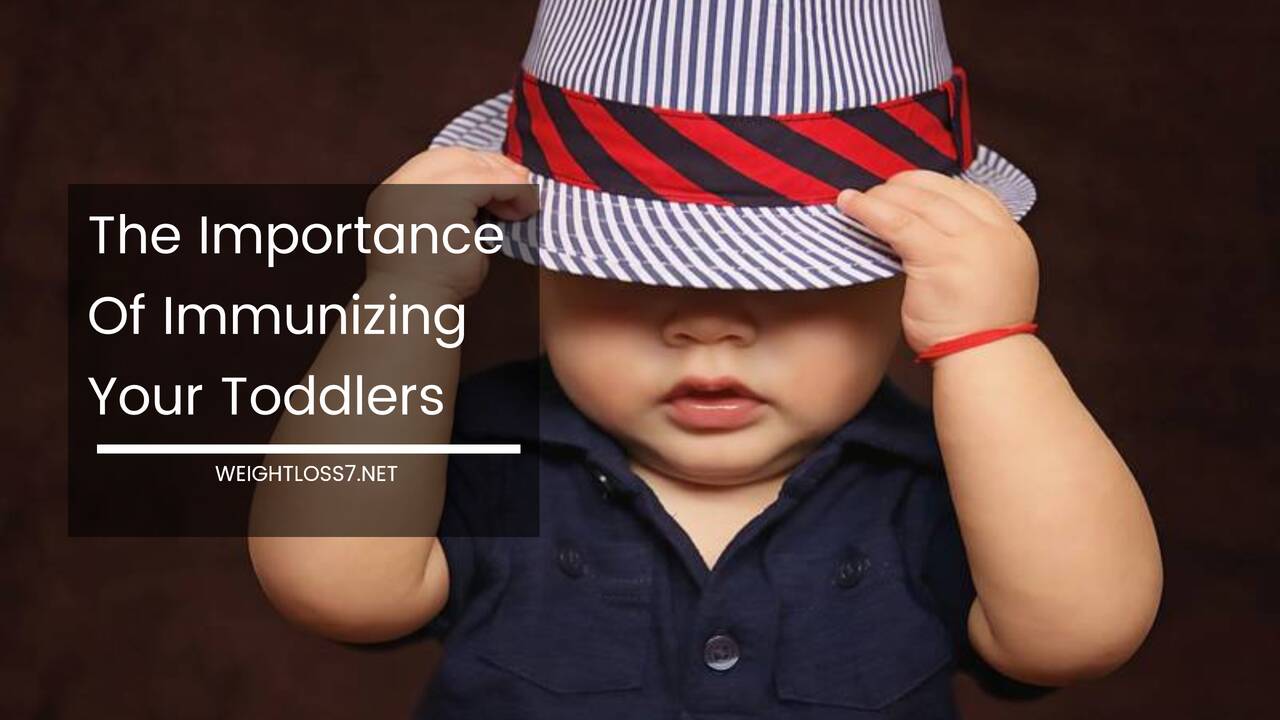The Importance Of Immunizing Your Toddlers

The debate over immunization is growing, with more and more parents concerned about the possible dangers of immunizing their children.
While there’s a lot of speculation about the possible repercussions of immunizations, the truth is that not immunizing your children can be much more costly and dangerous.
Concerns About Autism
One of the biggest reasons that parents are opting to not immunize their toddlers is the increasing concern about the link between vaccines and autism. The US Center for Disease Control has conducted several studies analyzing the relationship between autism and vaccine and to date, have found no proven link between autism and thimerosal (the accused culprit found in vaccines).
The Journal of Pediatrics has also concluded that there is no link between vaccinating a child and autism.
The Risks of Not Vaccinating
Vaccinating your toddler is one of the most important ways that you can protect your child from dangerous illnesses, such as whooping cough or measles.
By choosing to immunize your child, you’ll may be making a decision that can save your child’s life, protect other people’s children, and save your family time and money.
Whooping cough outbreaks are one of the biggest concerns when parents choose to not vaccinate their children. Parents that chose not to vaccinate their children fueled, in part, the 2010 whooping cough outbreak in California.
As a result, ten people died from the disease and another 9,120 cases were reported.
In 2013, the United States also experienced a number of measles outbreaks across the country. 82% of the reported cases of measles in 2013 were among those who had never been vaccinated, and 9% were among those whose vaccination status was unknown.
The Effectiveness of Vaccines
Before a vaccine is introduced to the general public for use, it undergoes rigorous testing and assessment, including clinical trials, to assure its safety and effectiveness. Scientists, doctors, and healthcare professional alike conduct these tests.
The Food and Drug Administration (FDA) must approve a vaccine before it is used in the United States.
Not only are vaccines safe, but they’re also incredibly effective, too. From the introduction of the measles vaccine in the 1960s, the number of cases of measles in the United States has plummeted.
The same is true for other types of highly contagious and dangerous diseases for which immunizations have been developed.
The Importance of Immunizing
As the number of unvaccinated people in the United States grows, the risk of the spread of infectious diseases also increases. With more and more people unvaccinated, diseases are able to spread more rapidly, multiply quicker, and create a public health risk.
In fact, when a person chooses not to vaccinate their child, they’re increasing the risk for 95% of the population who is vaccinated, particularly for the elderly and infants.
The United States government, scientists, and the majority of healthcare providers and doctors are in agreement that making the choice to vaccinate your family is one of the best things you can do for your children.
For more information about the link between autism and vaccines, the safety of vaccines, the effectiveness of vaccines, and whether or not you should vaccinate your toddler, visit CDC.gov.

















